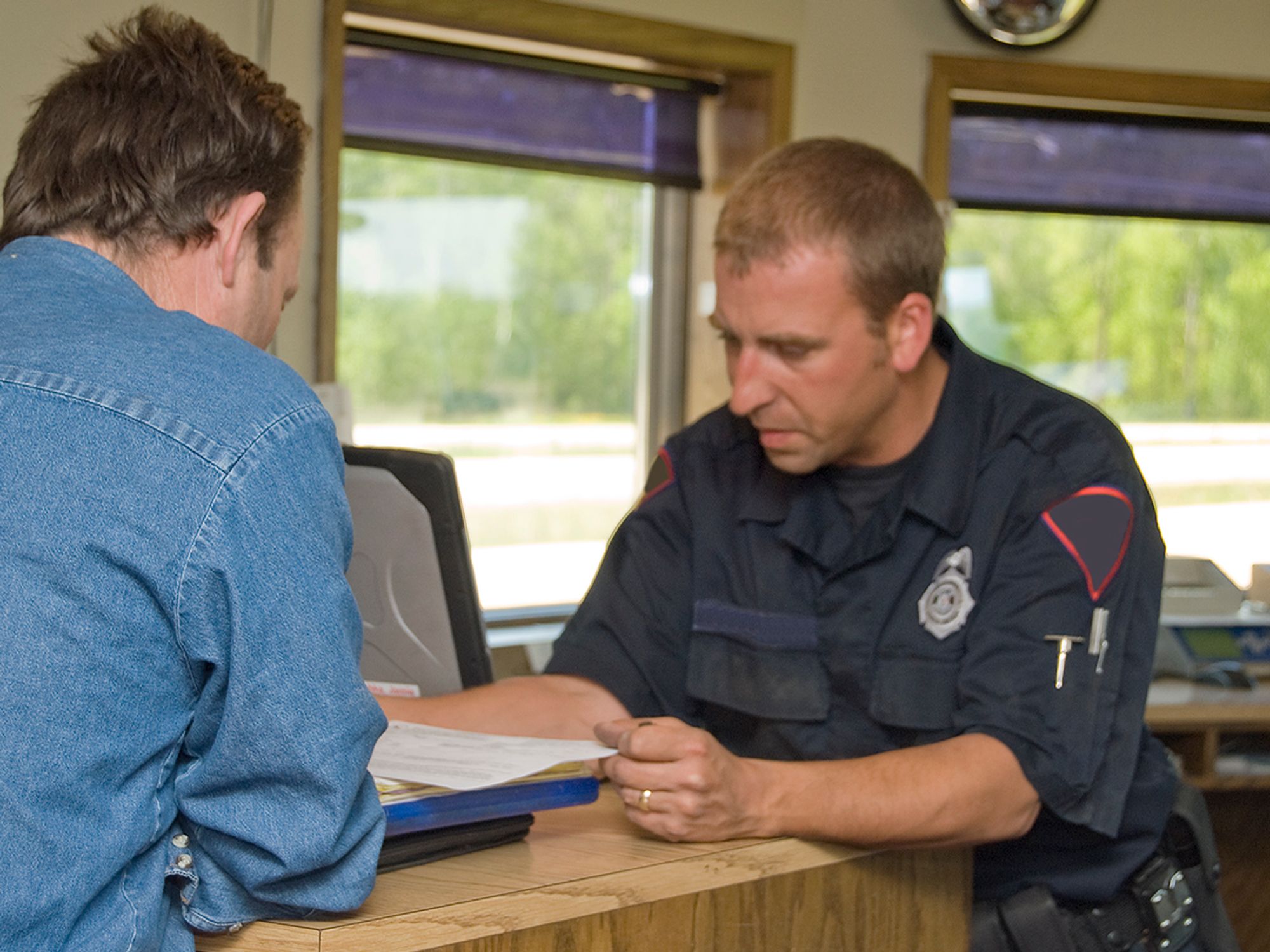Downgrades of CDLs/CLPs

- SDLAs have access to the Clearinghouse and will use the information to disqualify a driver from holding a CDL or CLP.
- Roadside inspection personnel can see a prohibited status in the Clearinghouse to place a driver out of service.
- Traffic enforcement will be able to see a downgraded license on the driving record that is the result of an unresolved violation in the Clearinghouse.
State driver’s licensing agencies (SDLAs) have been instructed by the Federal Motor Carrier Safety Administration (FMCSA) to:
- Deny CDL and CLP issuance, renewal, upgrade, or transfer for any driver that has an unresolved violation (prohibited status) in the Clearinghouse.
- Downgrade existing CDL and CLP holders while they are in prohibited status in the Clearinghouse.
The SDLA must report the downgrade within 60 days of learning of the status and reinstate privileges after learning that the driver is no longer prohibited.
Reclaiming a downgraded CDL or CLP
The Clearinghouse regulations (383.73(q)) don’t outline administrative processes for the SDLA to reinstate CDL privileges. As a result, drivers can’t assume their licenses are automatically restored when the status changes from prohibited to not prohibited in the Clearinghouse. They must speak with the SDLA to learn how to reclaim their licenses and what actions and documentation might be required of them.
Monitoring the reinstatement status is one additional step for the motor carrier before allowing the driver to operate a commercial motor vehicle (CMV) again. It must ensure the driver is properly licensed or face a citation (using a driver without a CDL when one is required).
Access by roadside enforcement
Knowledge of a prohibited status will no longer be limited to just Commercial Vehicle Safety Alliance (CVSA) inspectors during a roadside inspection. CVSA inspectors can see a driver’s status to determine if a driver should be placed out of service.
The implementation of this Clearinghouse rule now allows all safety enforcement officers to identify prohibited drivers after a license downgrade by conducting a license check during a routine traffic stop. This increased visibility will keep drivers from operating commercial vehicles when restricted.
MVRs help identify prohibited drivers
Tying the driver’s CDL or CLP to the Clearinghouse status provides a medium for motor carriers that are not subject to Part 382 to learn of violations. These carriers don’t have a Clearinghouse account and no means of detecting a prohibited status. But a driver with an unresolved testing violation is restricted from the operation of all CMVs, including non-CDL CMVs. These motor carriers can avoid using a driver in a prohibited status through a motor vehicle record (MVR) or continuous MVR monitoring. Those who manage a carrier’s driver qualifications (DQ) files should be brought into the conversation, since the MVR will show a downgraded CDL.
